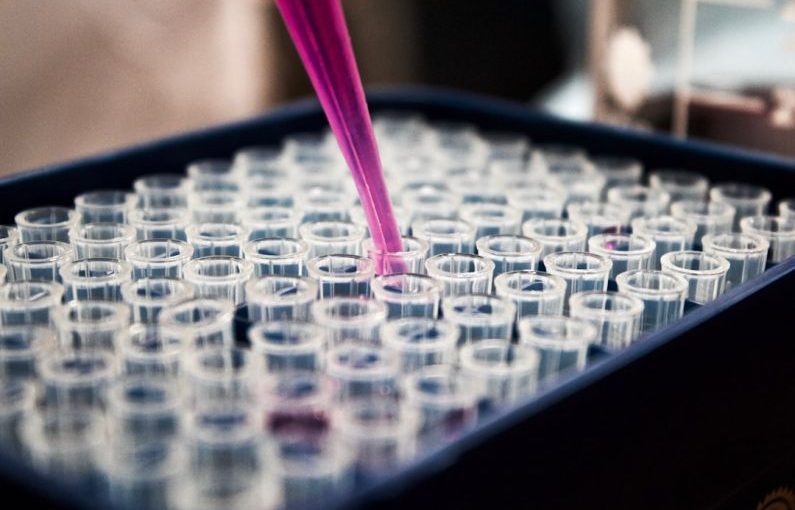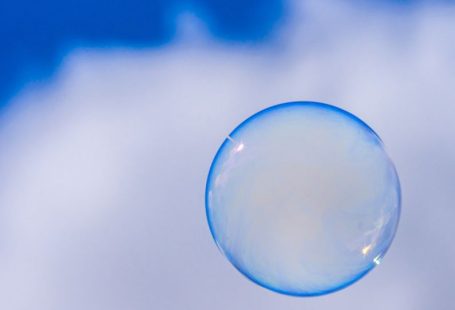The Sweet Science: Sugar in Pharmaceutical Research
Sugar, a ubiquitous ingredient in our daily lives, is often associated with indulgence and sweetness. However, beyond its culinary uses, sugar plays a crucial role in pharmaceutical research. With its unique properties and versatile applications, sugar has become an essential component in the development of various medicines and treatments. In this article, we delve into the fascinating world of sugar in pharmaceutical research, exploring its significance, functions, and impact on the healthcare industry.
Unlocking the Potential of Sugar in Drug Formulations
Sugar, particularly in the form of sucrose, plays a vital role in drug formulations. One of the key functions of sugar in pharmaceutical research is its ability to stabilize and protect active pharmaceutical ingredients (APIs). By forming a protective matrix around the API, sugar helps to maintain the drug’s stability and prolong its shelf life. This is particularly important for medications that are sensitive to moisture, light, or temperature fluctuations. Additionally, sugar can improve the solubility and bioavailability of drugs, ensuring that they are effectively absorbed by the body.
Enhancing Taste and Palatability
Another important application of sugar in pharmaceutical research is in enhancing the taste and palatability of medications. Many drugs have a bitter or unpleasant taste, making them difficult for patients, especially children, to take. Sugar can be used as a sweetening agent to mask the bitter taste of drugs, making them more tolerable and easier to administer. This is especially crucial for pediatric and geriatric populations, where compliance with medication regimens can be challenging.
Facilitating Drug Delivery Systems
In addition to its role in drug formulations, sugar is also utilized in the development of various drug delivery systems. Sugar-based excipients, such as lactose and mannitol, are commonly used in the production of tablets, capsules, and other dosage forms. These excipients help to improve the flow properties of powders, enhance the compressibility of granules, and ensure the uniform distribution of active ingredients in the final dosage form. Sugar-based excipients are preferred for their compatibility with a wide range of APIs and their ability to enhance the overall performance of drug delivery systems.
Advancements in Sugar-Based Nanomedicine
Recent advancements in nanotechnology have led to the emergence of sugar-based nanomedicine, a cutting-edge field that holds great promise for targeted drug delivery and personalized medicine. Sugar molecules, such as glucose and mannose, can be functionalized and incorporated into nanocarriers to facilitate targeted drug delivery to specific cells or tissues in the body. These sugar-based nanocarriers can improve the efficacy and safety of drug treatments by minimizing off-target effects and reducing systemic toxicity. The field of sugar-based nanomedicine is rapidly evolving, with researchers exploring new ways to harness the unique properties of sugars for innovative drug delivery solutions.
Impact on the Healthcare Industry
The use of sugar in pharmaceutical research has had a profound impact on the healthcare industry, revolutionizing the way medications are formulated, delivered, and administered. By leveraging the unique properties of sugar, researchers and pharmaceutical companies have been able to develop safer, more effective drugs that address unmet medical needs and improve patient outcomes. The versatility and biocompatibility of sugar make it an invaluable tool in drug development, paving the way for new treatment modalities and therapeutic interventions.
In conclusion, sugar plays a vital role in pharmaceutical research, serving as a versatile ingredient that enhances the stability, taste, and delivery of medications. From drug formulations to nanomedicine, sugar has become an indispensable component in the development of innovative pharmaceutical products. As researchers continue to explore the potential of sugar in healthcare, we can expect to see further advancements in drug development and personalized medicine. The sweet science of sugar in pharmaceutical research is truly a testament to the ingenuity and creativity of the scientific community.





